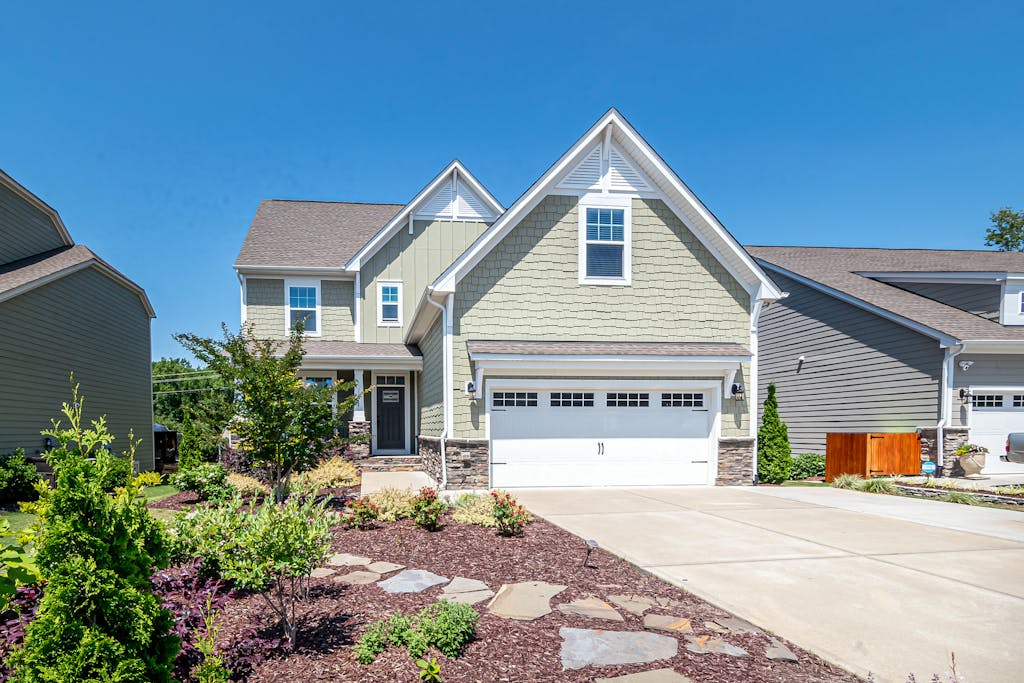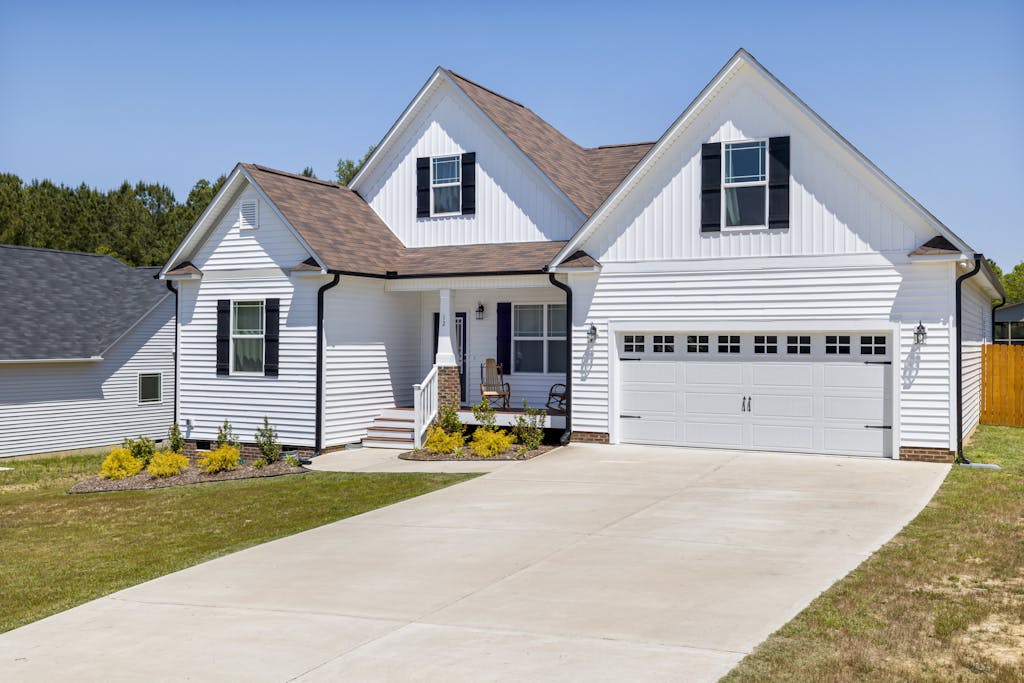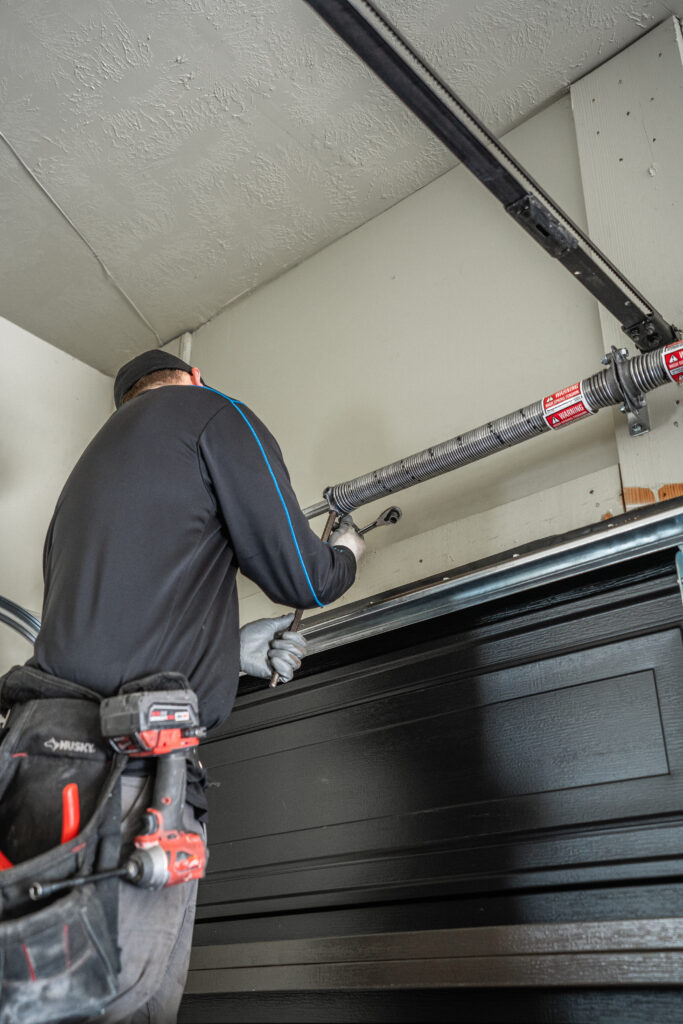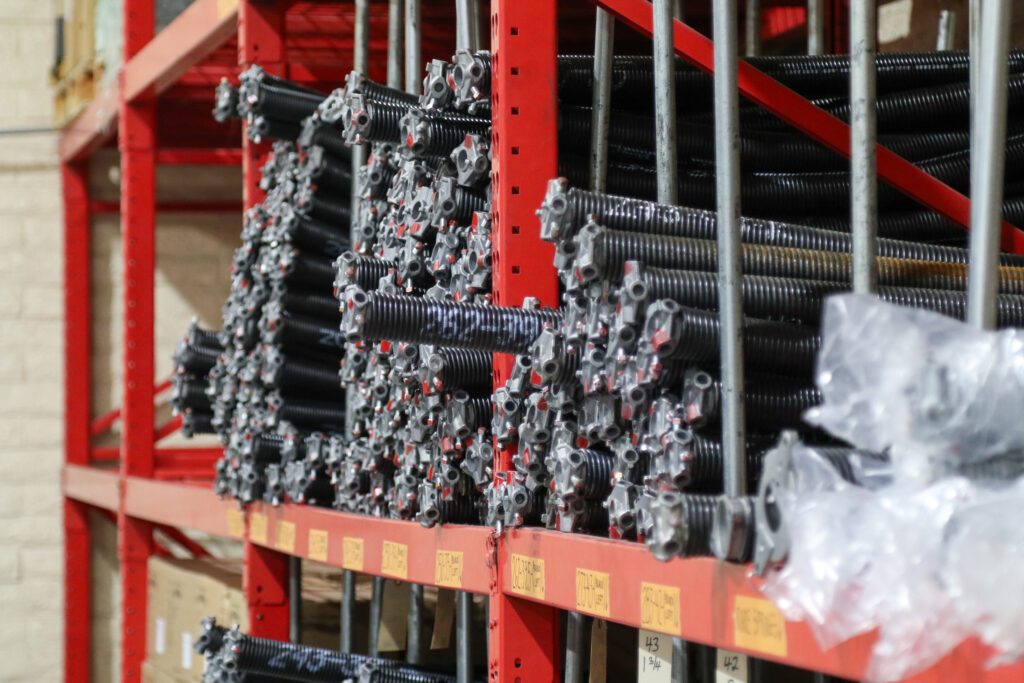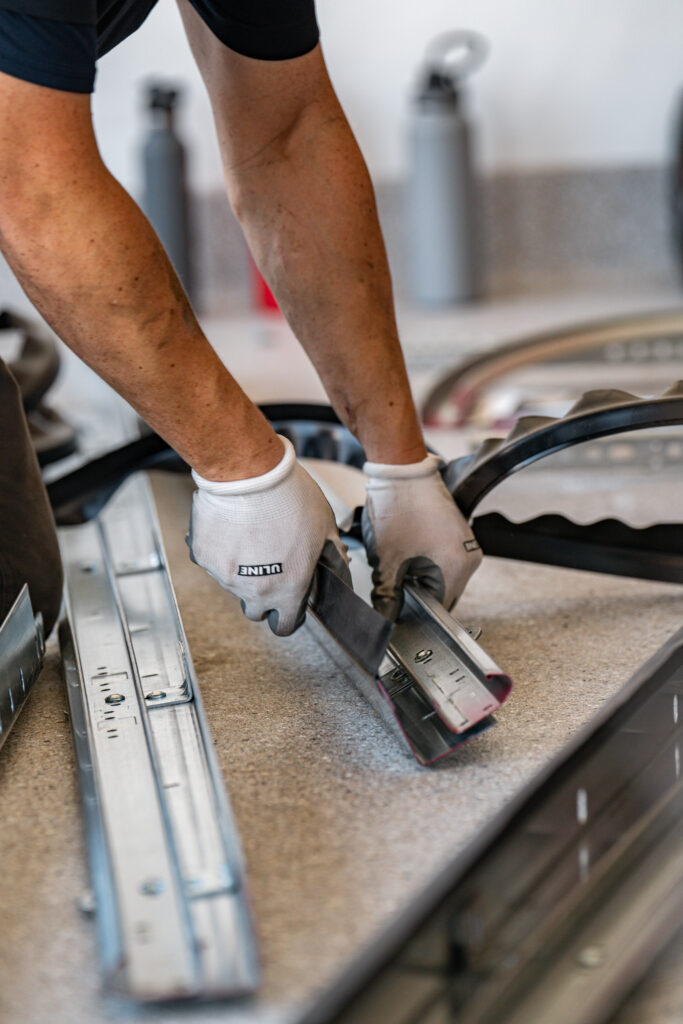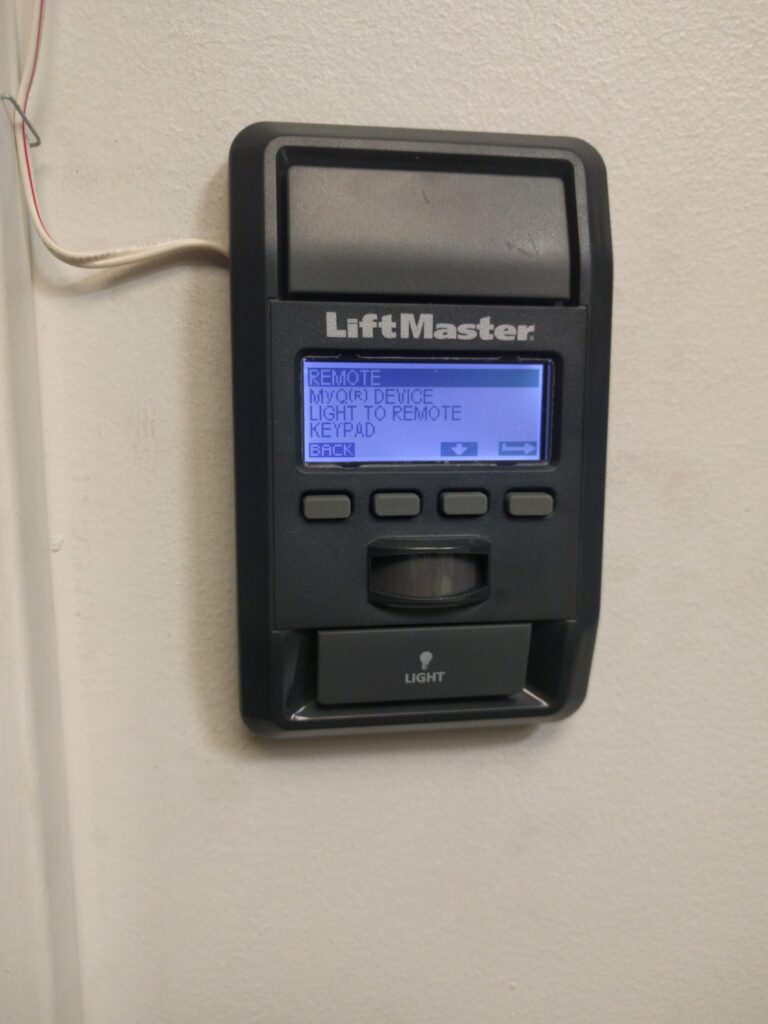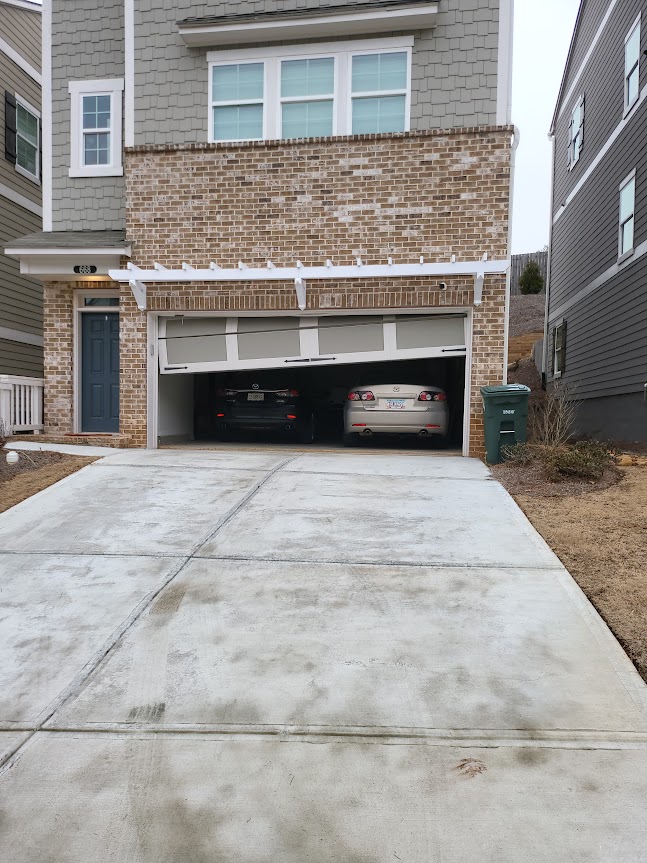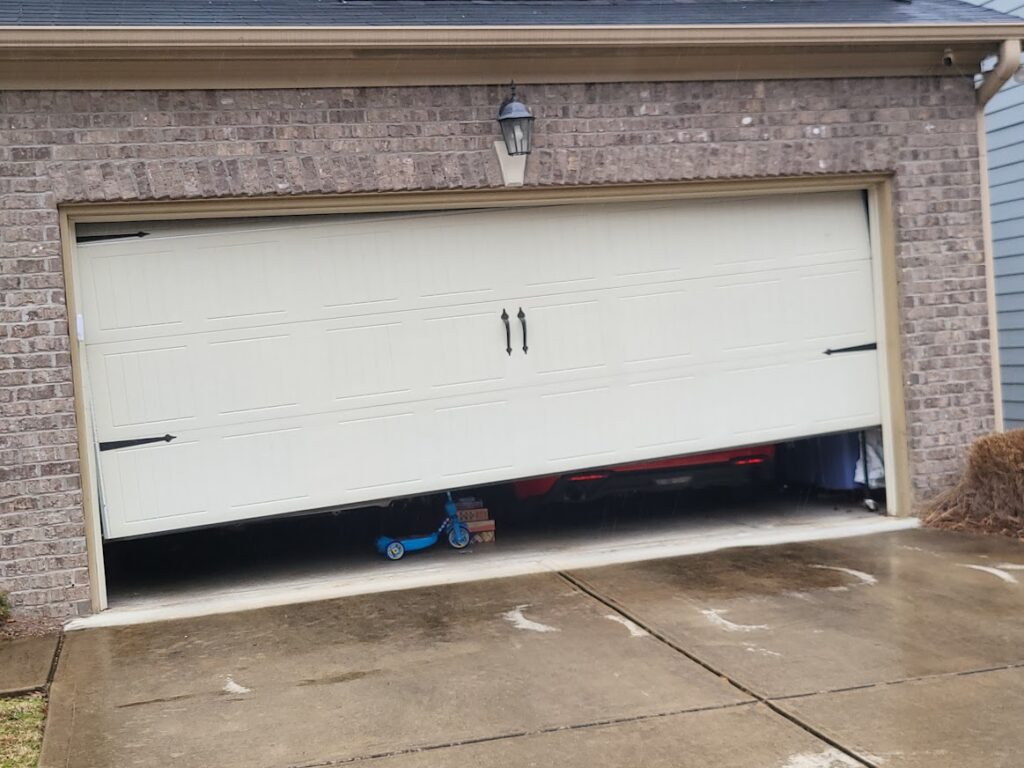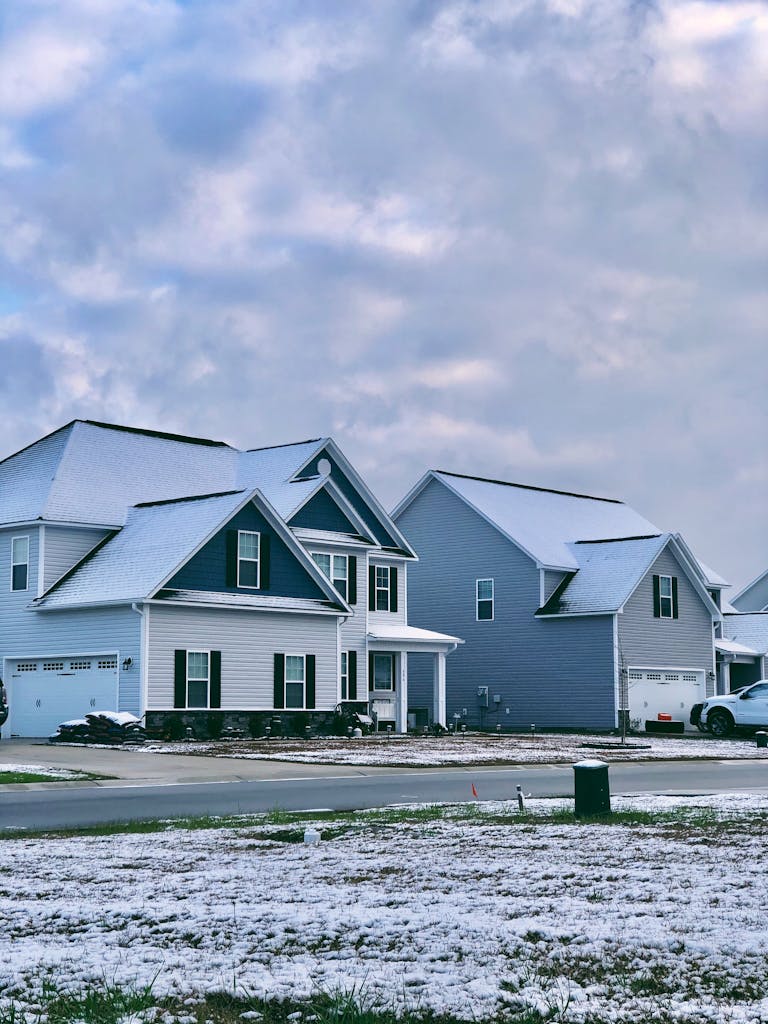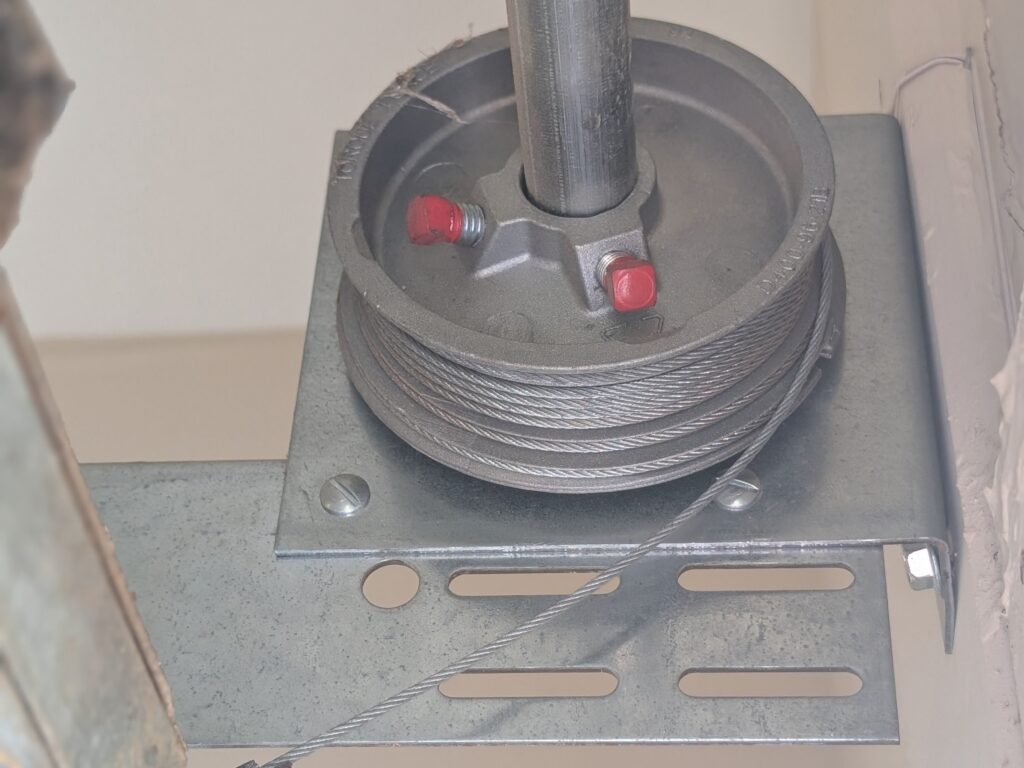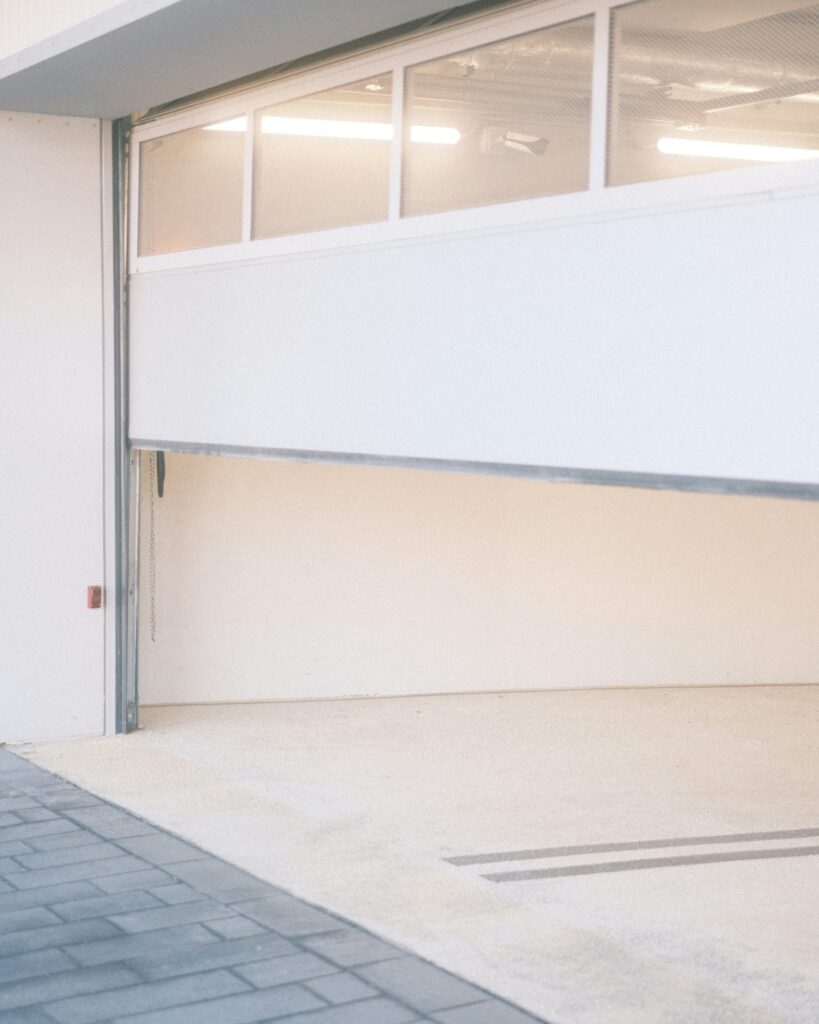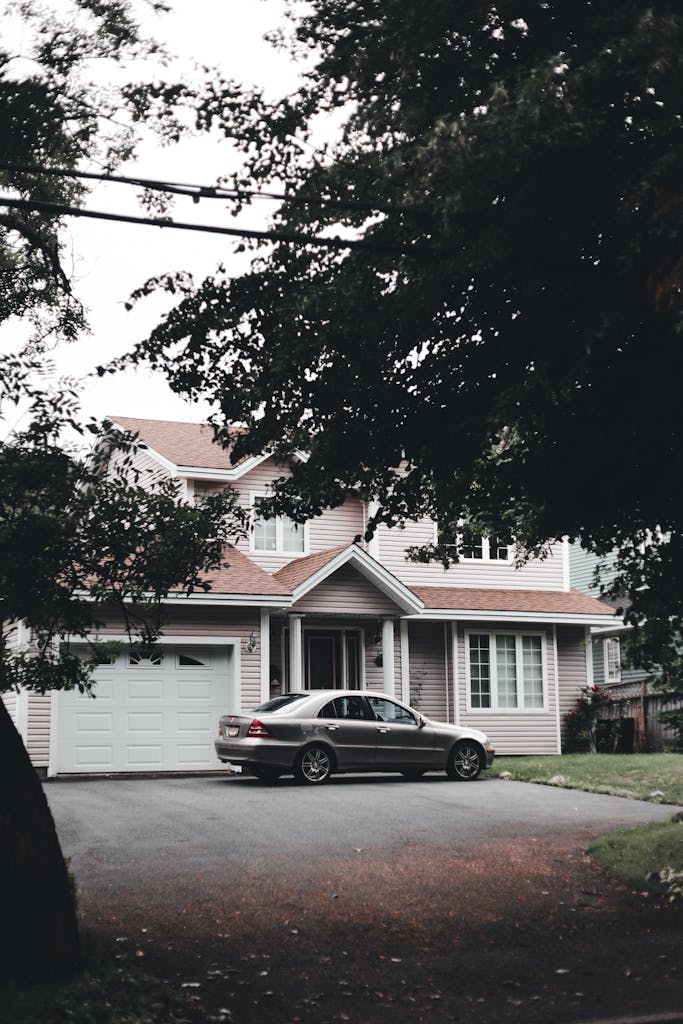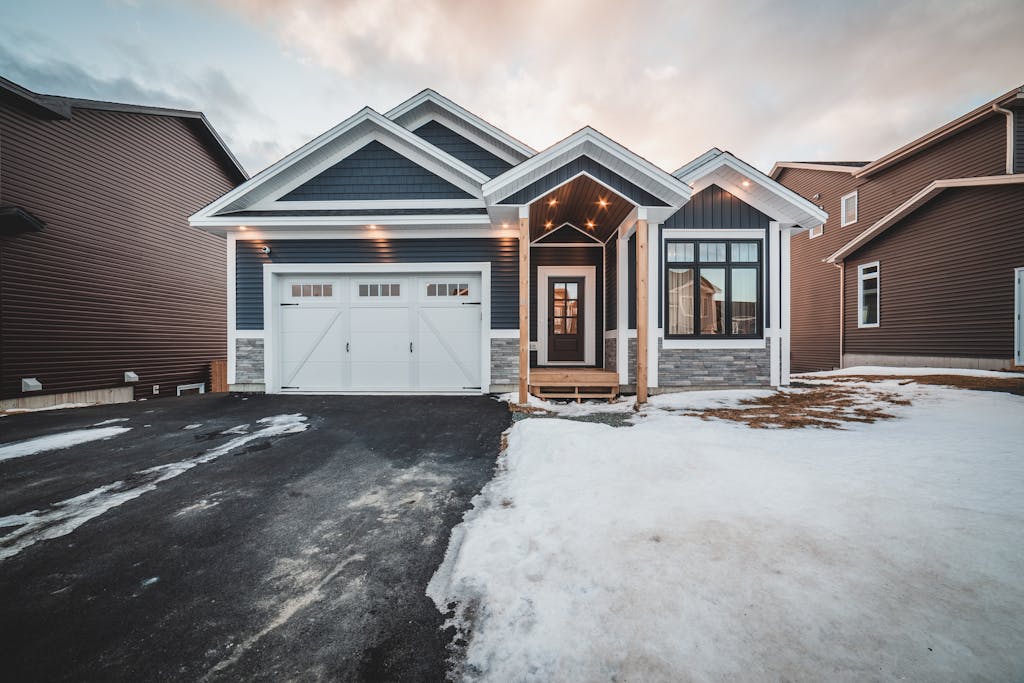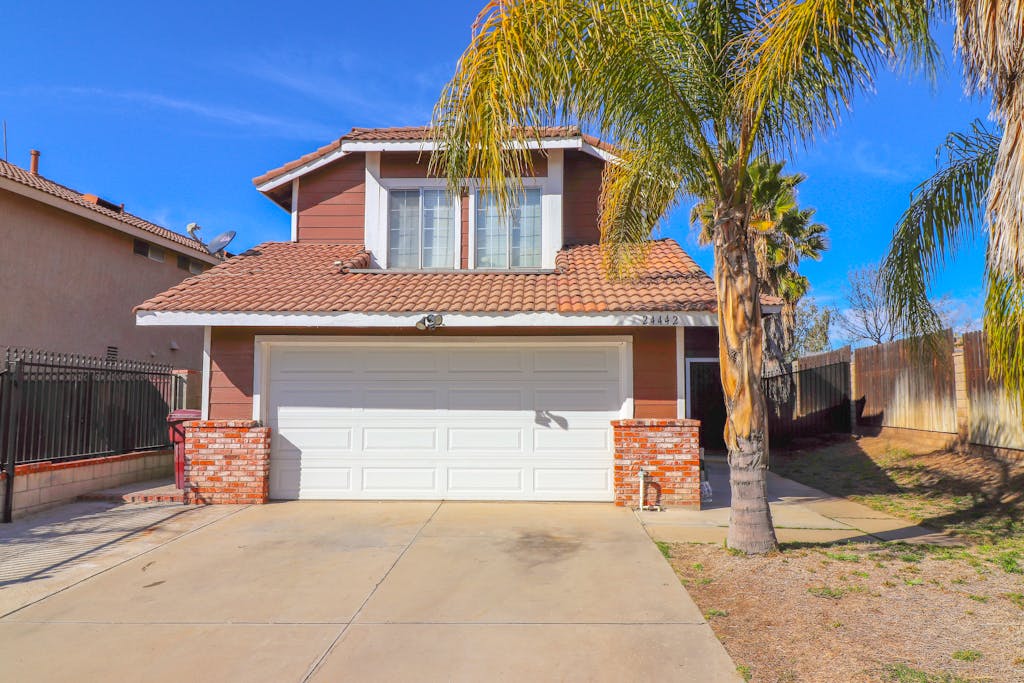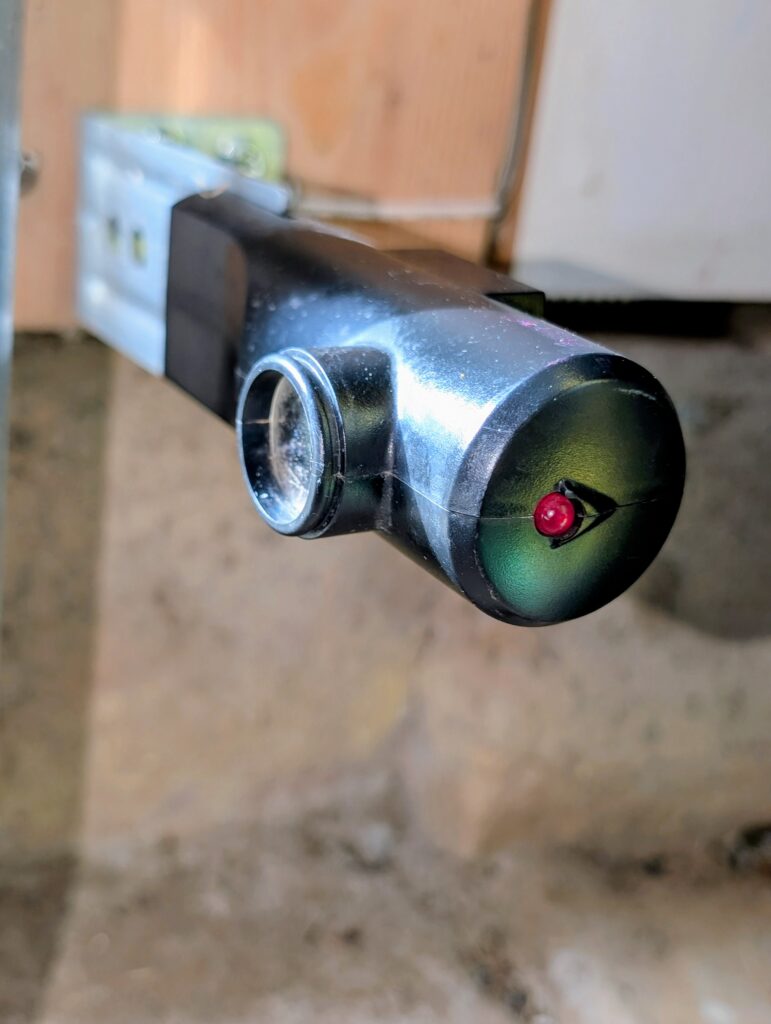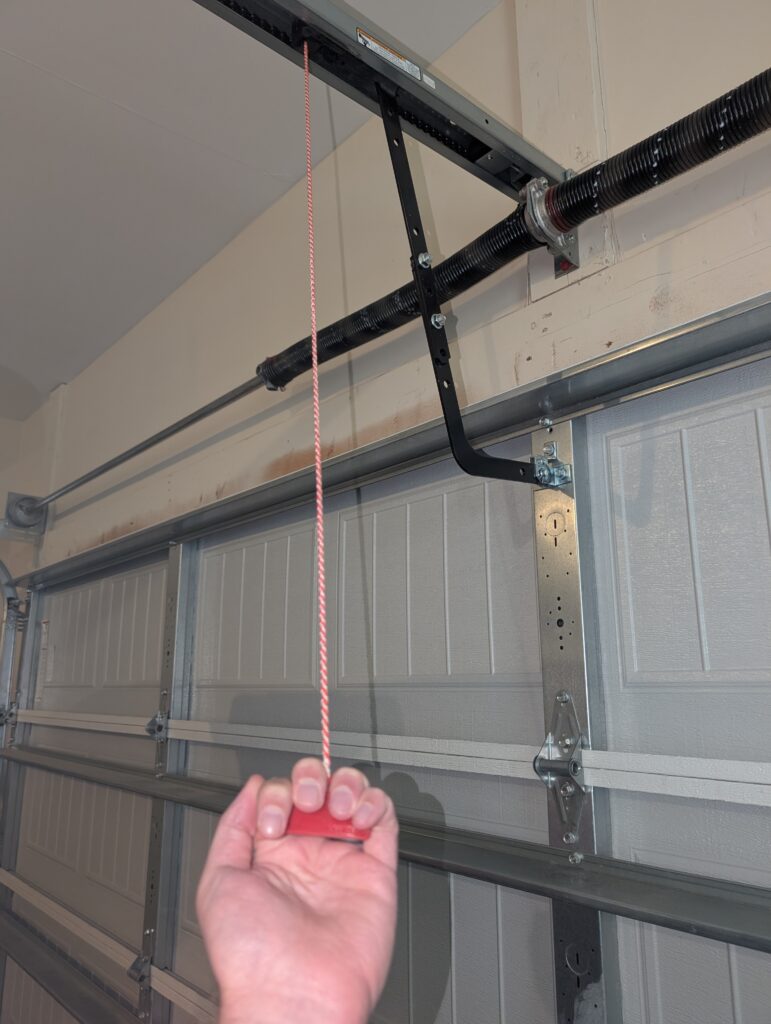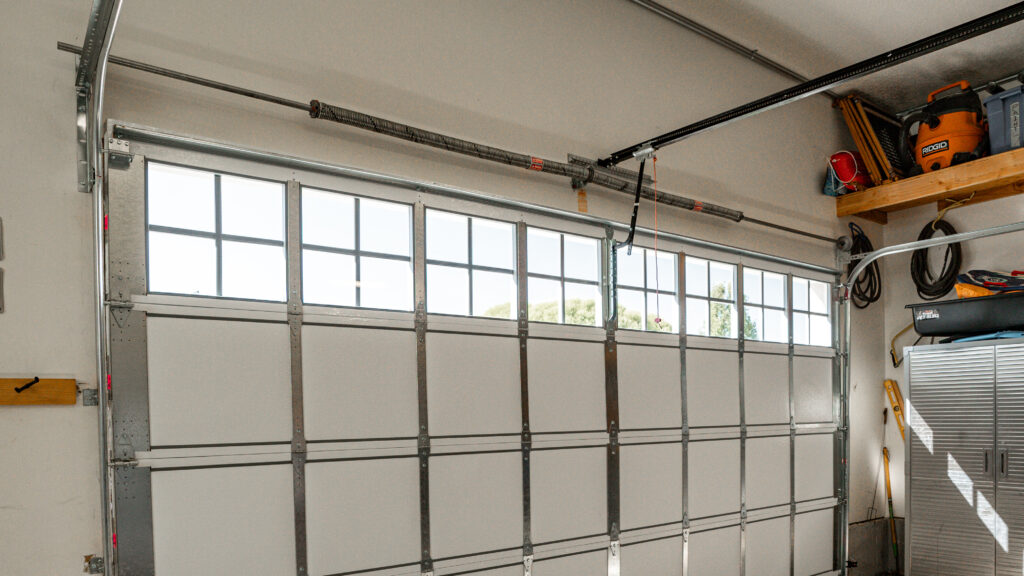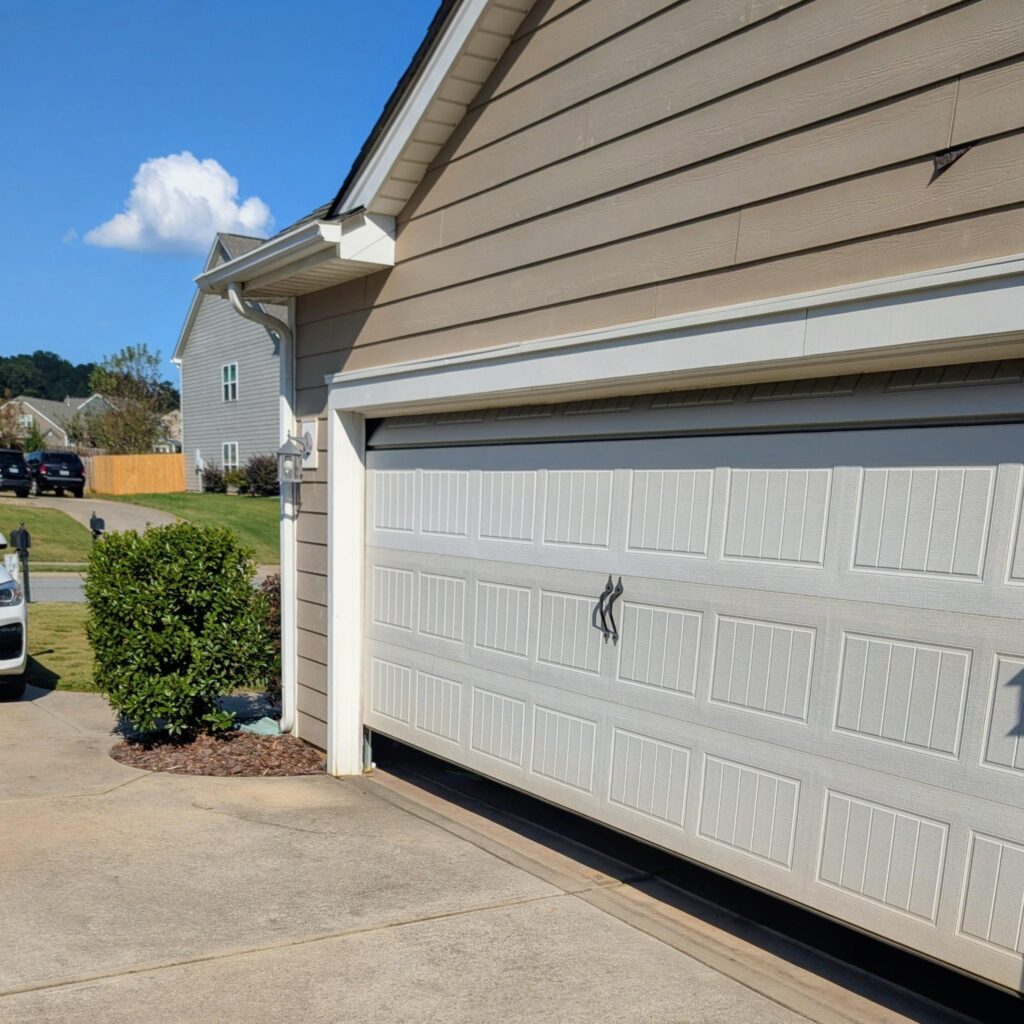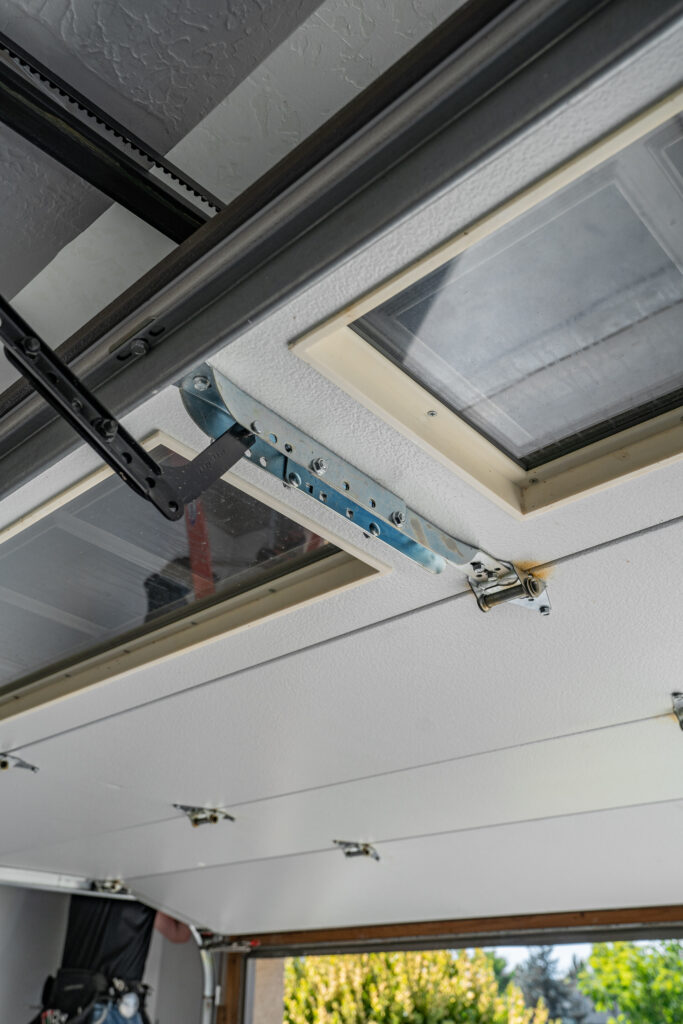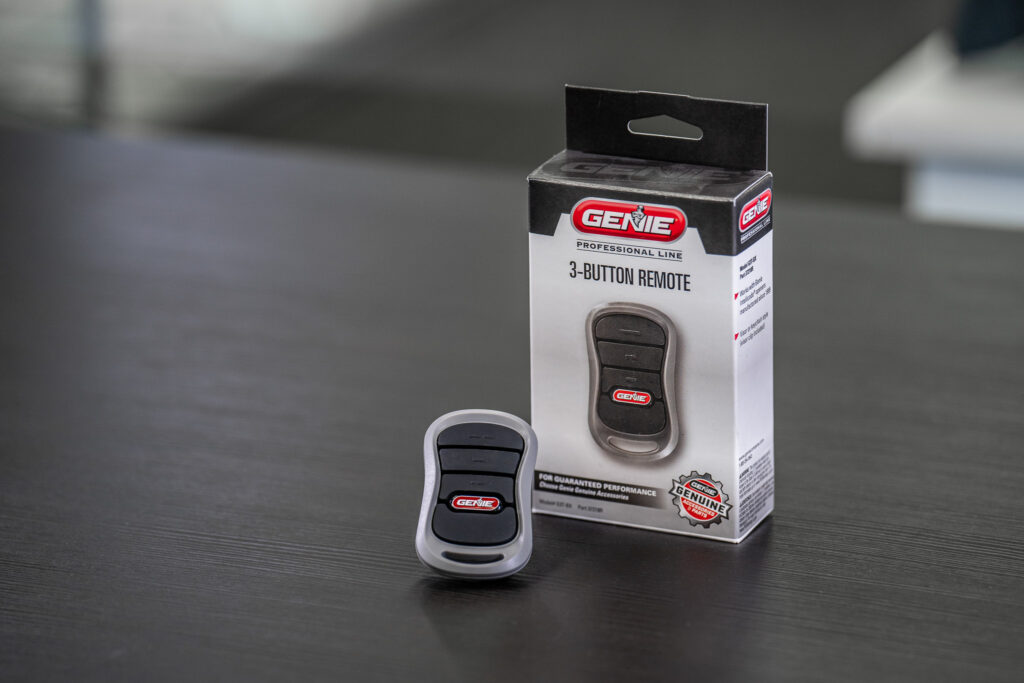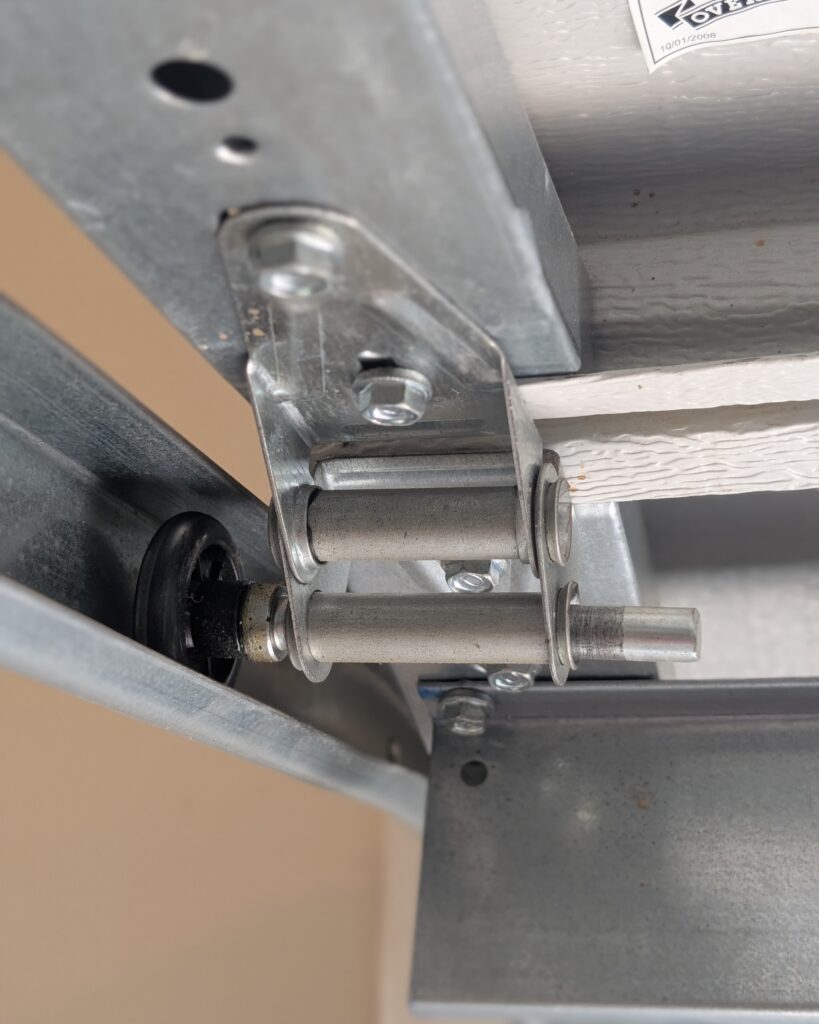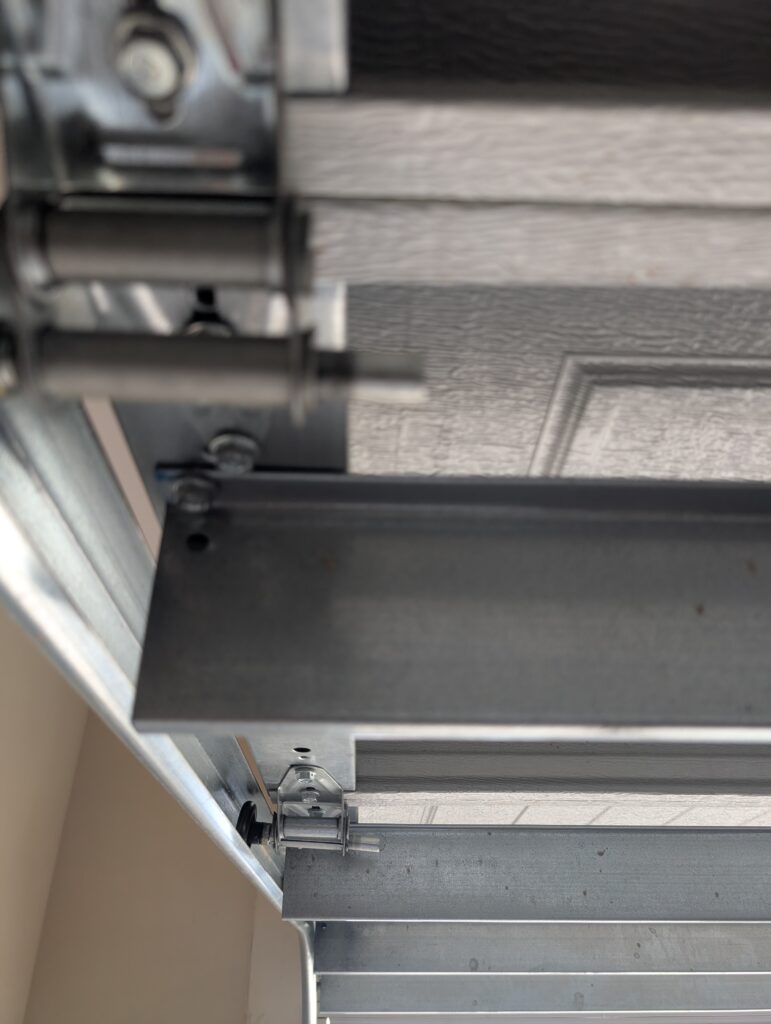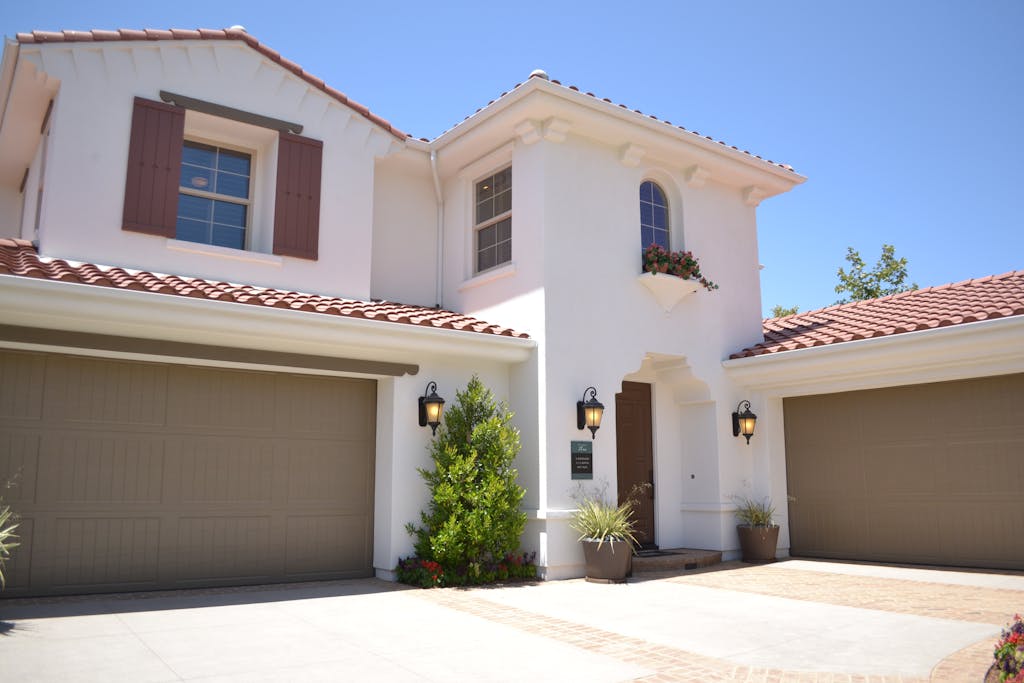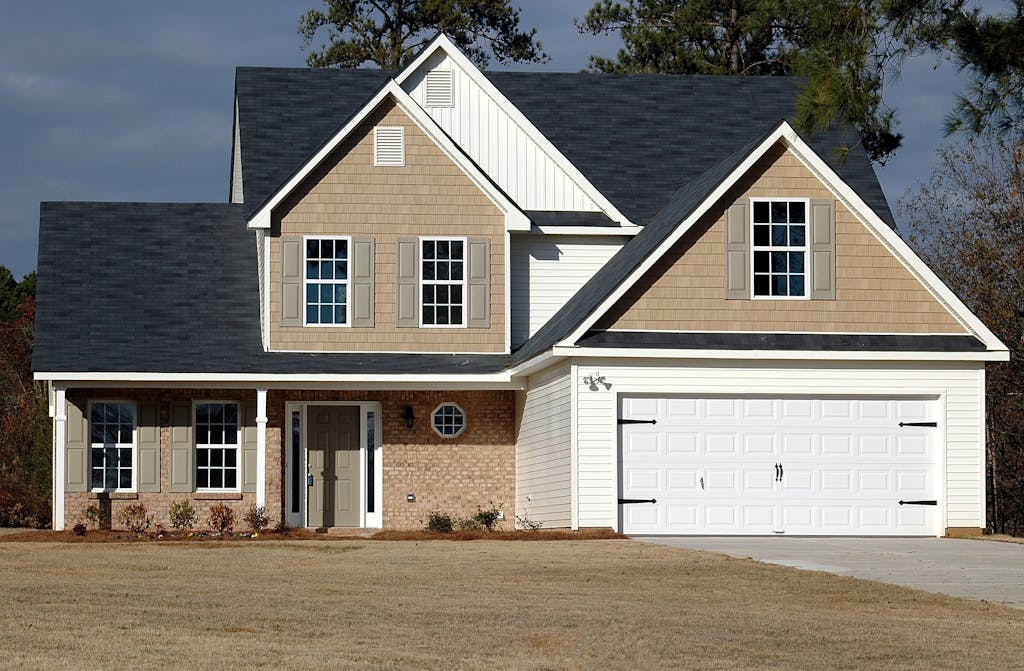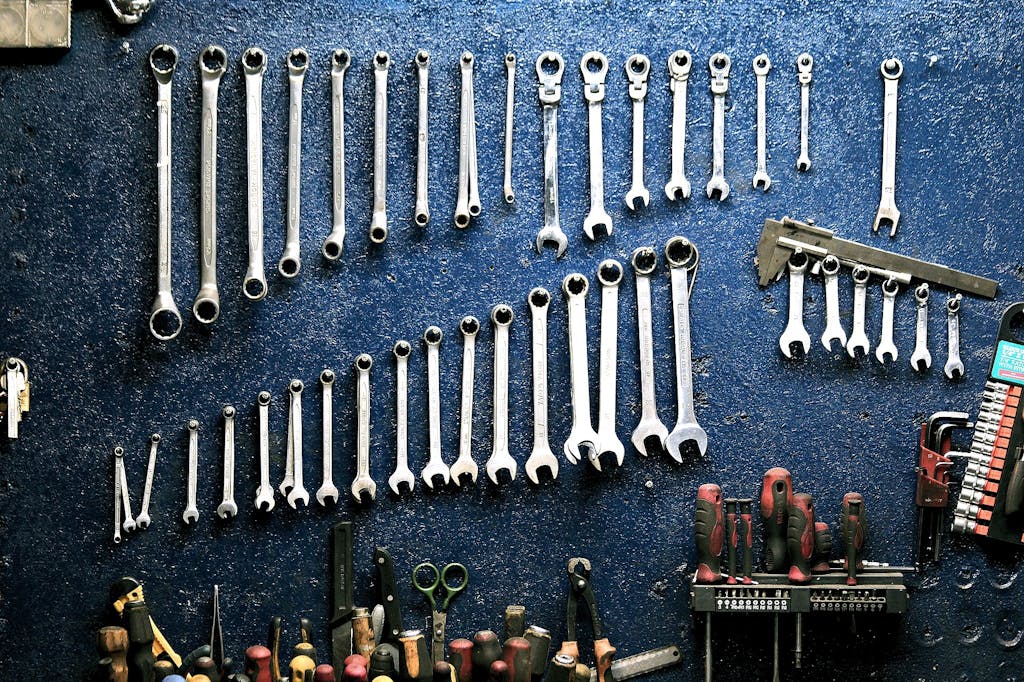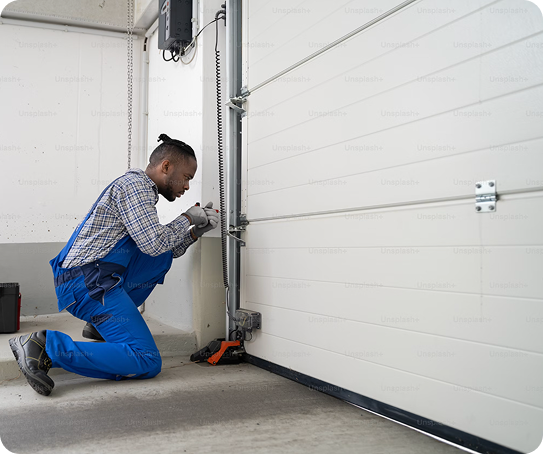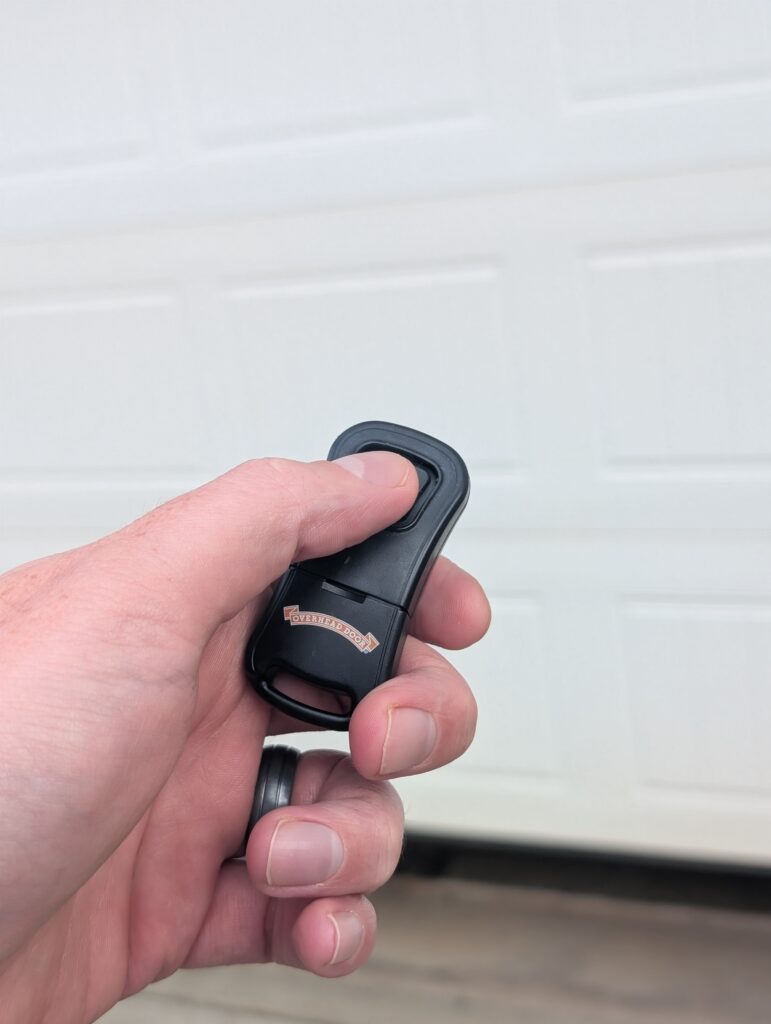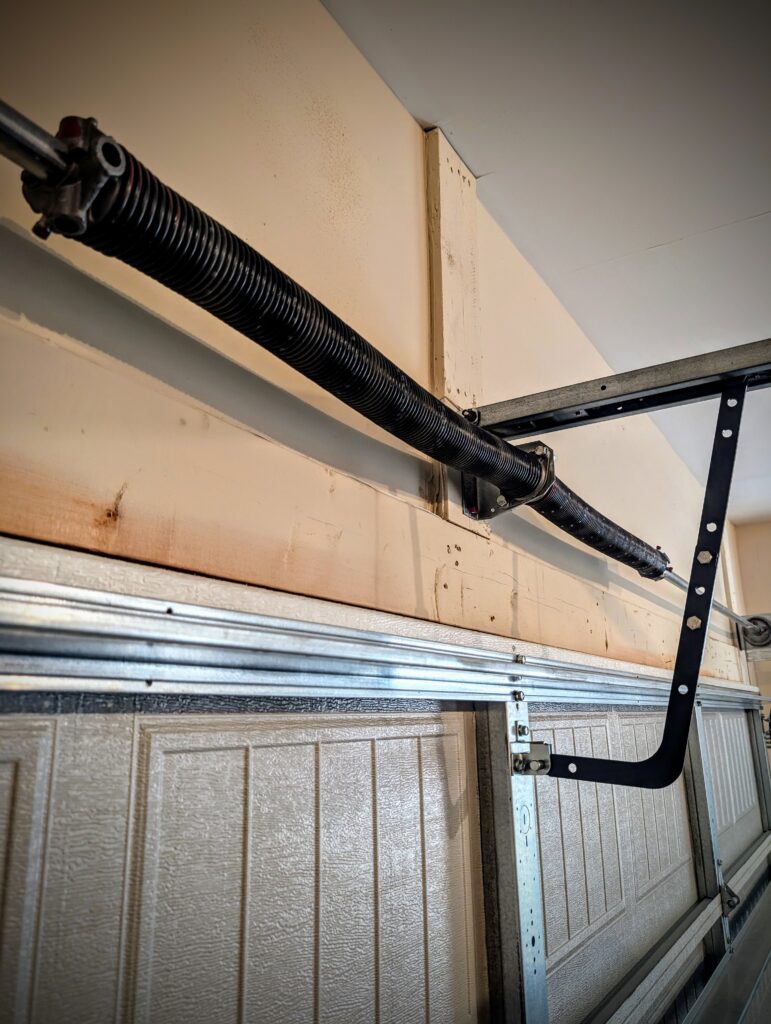7 Signs Your Garage Door Springs Need To Be Repaired
Are your garage door springs acting up? Don’t let a small issue become a big problem! Learn to spot the 7 warning signs your springs are failing, including a door that won’t open or loud noises during operation. This guide provides essential tips to keep your garage door running smoothly and when to call the pros.
By: Jared Macarin | Published: May 21, 2025
Find Garage Door Repair Services
Get a fast & free quote | Schedule your service today
Your garage door might be used upwards of 1,500 times per year. Maybe a bit more, or maybe some less. Either way, that is a lot of wear and tear on components. The springs for your garage door, which help it open and close smoothly, are a big part of that.
Therefore, with such an important component to your garage door system, it’s essential you act responsibly and proactively to make sure your garage door springs are in good working order. In this guide, we’ll discuss the warning signs of deterioration and what to do. If you find yourself in need of help, contact Garage.com to be connected with top-rated companies eager to repair your garage door springs.
Understanding Garage Door Springs
Springs are an incredibly important component of your garage door system and it’s important to be aware of them and how they work.
First of all, there are two main types of springs: torsion springs and extension springs.
- Torsion springs: These springs are more popular now and encompass one long horizontal spring above the garage door opening. They can store more torque and are typically quieter than extension springs. They cost more, but also can last longer than extension springs.
- Extension springs: These are the less expensive springs and more common on older garage doors. There would be an extension spring on either side of the door, and they absorb the tension as the door closes and release that tension when the door is opened to lift it easily.
How long a spring lasts depends on factors such as usage and weather conditions. Colder climates can cause springs to deteriorate more quickly, as the steel becomes more prone to fractures. With usage, that is rather self explanatory that if used more, even with tune-ups, it’s probable the longevity of the spring will be less.
7 Clear Signs Your Garage Door Springs are Going Bad
What’s that old saying: If you see something, say something. The same is true for your garage door springs. If it sounds or looks off, it’s best to call in a professional to make sure things are ok. You don’t want a small problem to grow into something larger that could endanger you or your property.
1. Door Won’t Open or is Difficult to Lift
If the door simply does not open, and your opener is not the issue, than it’s a sign your spring might be broken. The same can be said if the door looks like it’s a struggle to open or close.
2. Uneven Movement or Crooked Garage Door
If when opening or closing your garage door you see one side is lower or higher than the other, something could be off. When the door is closed, that is easily discoverable by seeing any gaps on the ground.
3. Loud Noise When Operating the Door
Garage doors aren’t the quietest of systems in your home, but if it sounds excessively noisy, or if it’s grinding, then it’s best to call someone in.
4. Visible Gaps in the Springs
If the springs look elongated and there are gaps between the coils, that is a sign of wear and tear and should be dealt with promptly.
5. Garage Door Closes Too Quickly
Just as with No. 2 above, if the door is closing with more speed than it should, there could be an issue with the spring. It’s supposed to be a smooth, even process.
6. Garage Door Opens Only a Few Inches Then Stops
This is one where it’s best to first check your garage door opener and make sure the motor and the opener are working properly. Also check the tracks to make sure there are no obstructions. Once you go through those steps, if the issue persists, it’s time to call the pros.
7. Visible Damage or Wear on Springs
The key word here is visual. If it looks off, or looks rusty or like it’s coming apart, make things easier on yourself and call a professional to get it checked out before you put your health or property at risk.
The Dangers of DIY Garage Door Spring Repair
You might have the idea in your head to replace garage door springs yourself. And maybe you could after watching a video on YouTube. Do we recommend that? Nope, and there are good reasons why.
First, springs are what helps keep your door in its rightful place, whether that’s up or down. To mess with that balance invites mistakes if you aren’t trained for where to look and what to do to make sure the job is being done safely and securely for you and your property.
Secondly, do you really want to risk medical bills on top of fixing your garage door? We’ll answer for you: No, you don’t want that.
We always recommend, especially for an important component such as garage door springs, that you call a highly reviewed and rated company – Garage.com can help in this – and leave it to the professionals to make sure it’s done right.
Garage Door Spring Maintenance Tips
With so much usage, and homeowners obviously wanting to get the most out of their investment, there are steps that can be taken to help lengthen the life of your springs.
The main thing is lubricating the springs. That will help prevent them from rusting or drying out. You can do this yourself, or it will be done as part of a regular tune-up.
Common Questions About Garage Door Springs

Get Your Free Quote and Schedule Your Garage Repair Today
Find top-rated companies for fast garage repairs and service to make sure your garage door system lasts. Get free quotes from garage door companies in your area.
Tips and Expert Advice for Your Garage
Stay informed with expert advice on garage door maintenance, garage door service, garage door replacement, and upgrades. Explore our blog for guides, troubleshooting tips, and more.

